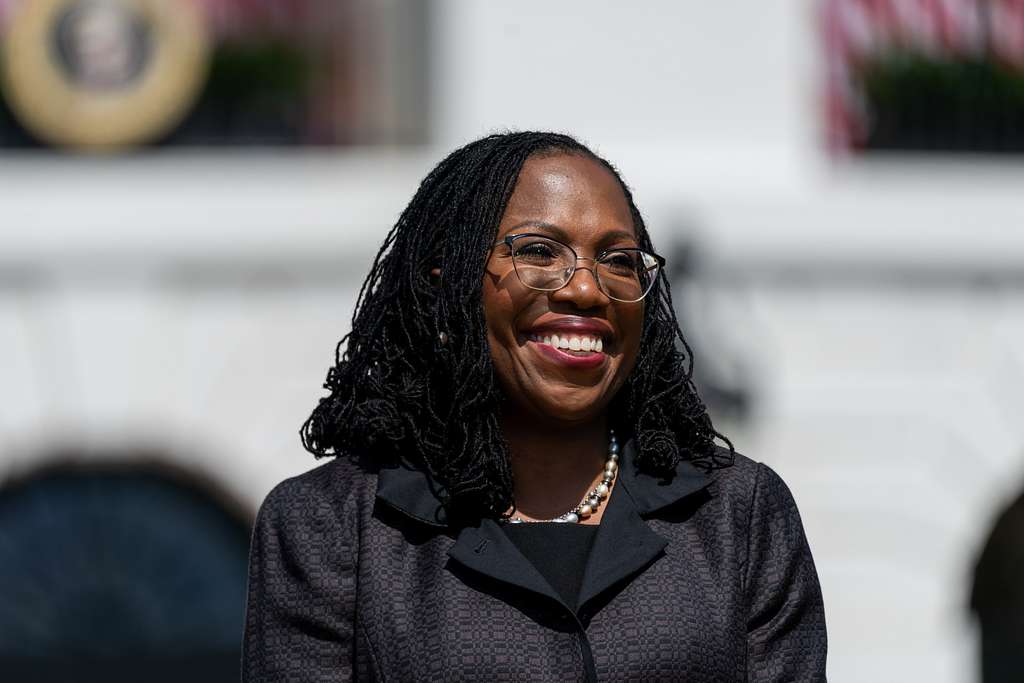Eighty-three-year-old Supreme Court Justice Stephen Breyer recently announced his retirement from the Supreme Court. His retirement paved the way for President Joe Biden to appoint Judge Ketanji Brown Jackson, who, if approved by the Senate, will become the first black woman in history to serve on the Supreme Court. Although Jackson is likely to be confirmed and take Breyer’s place at the end of the Court’s term, Biden’s announcement that he would nominate a black woman for the role drew controversy.
Some people criticized this decision, saying that it was inappropriate for him to base his contenders off of race and gender. “The fact that he is willing to make a promise at the outset that it must be a Black woman I’ve got to say that’s offensive,” Ted Cruz, R-Texas, said after the announcement was made.
Mississippi Republican Roger Wicker is another politician who agrees with the criticism. He said that Biden’s choice will be the “beneficiary” of affirmative action.
White House deputy press secretary Andrew Bates responded to Wicker in a statement, citing when President Ronald Reagen decided to nominate a woman. “When President Reagan honored his campaign pledge to place the first woman on the court, he said it ‘symbolized’ the unique American opportunity ‘that permits persons of any sex, age, or race, from every section and every walk of life to aspire and achieve in a manner never before even dreamed about in human history,’” Bates said. Similar to Reagan’s nomination of Sandra Day O’Connor in 1981, Biden’s pick will be a major advancement in representation.
Mitchel Lower, 12, agrees with the criticism and thinks that the nomination for the court should always be based on qualifications. “It is not that he has chosen an African American woman that frustrates me. It is that he restricted his criteria to only including an African American woman that frustrates me, because it excludes everybody else that may have less, equal, or more qualifications,” he said. He disagrees with any president who has narrowed down their search for candidates by looking for specific qualities such as race or gender. Lowell said that while Jackson is qualified, he disagrees with the process of narrowing down potential nominees.
Celine Sackih, 12, disagrees with Lower and is happy to see more diverse representation in government. “When a white man was nominated, nobody else really gave thought to that or really criticized it, so I think, again, having a black woman is going to properly reflect the demographics of this nation. And I really don’t think it should be a problem for people to be able to see themselves represented,” she said. She thinks the argument that the nomination should be based on qualifications is not relevant because all potential candidates, including Jackson, did have the qualifications.
Jackson is likely to serve on the Court for many years and will vote on issues that affect younger generations in many ways. Her nomination will also retain the current 6-3 conservative majority.














![[DEBATES] Prestigious colleges: value or hype?](https://www.mvviewer.org/wp-content/uploads/2024/12/buildings-1200x654.png)































![[OPINION] The dark origins of TikTok's looksmaxxing trend](https://www.mvviewer.org/wp-content/uploads/2024/02/Copy-of-Copy-of-Untitled-Design-1200x675.png)










